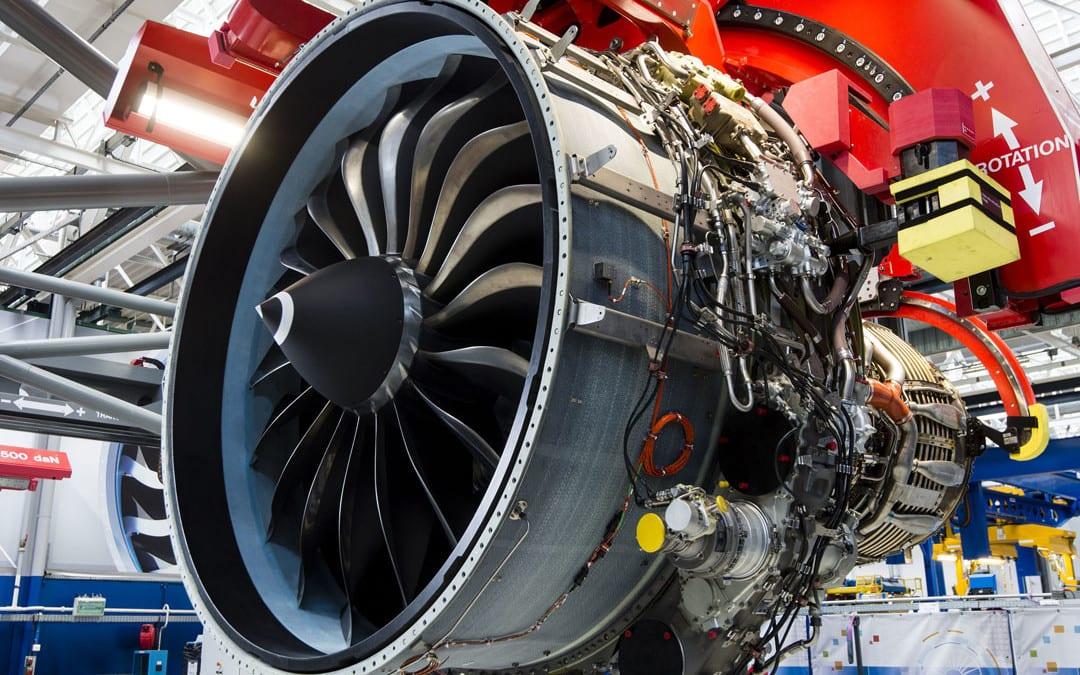
Willis Lease Finance has posted a fall in first-quarter profit and illustrated the tricky balancing act faced by engine lessors.
Along with the rest of the aftermarket, the Florida-based company, which also specialises in spare parts provision, has seen its business suffer from the collapse in aircraft useage.
In Willis’s case, this translated to 19% lower maintenance reserve revenue and 48% lower spare parts sales for the three months to March 31.
And while its core engine lease revenue only registered a small decline, worse may be to come.
“We recognize that the COVID pandemic is putting a lot of strain on our lessee customer base and we do not see that correcting quickly. We therefore remain highly focused on protecting our business while continuing to deliver for our customers,” said Charles F. Willis, chairman and CEO.
That said, once aircraft start flying again, leased engines could be in high demand from cash-strapped airlines seeking to defer expensive overhauls for as long as possible.
Another independent engine lessor, FTAI Aviation, thinks this is a strong possibility and is busy negotiating asset purchases during a period in which deals are offering “the best economics we have ever seen and maybe will ever see again,” according to FTAI chief executive Joe Adams.
Further evidence for a resilient leasing market comes from MRO provider Aero Norway.
“Our loyal customers in the aircraft/engine leasing industry are keeping us fairly busy,” said Neil Russell, the MRO provider’s chief operating officer. “Some of our lessor customers are under immense pressure to be ready to re-position serviceable aircraft and engines when the critical COVID-19 situation passes.”
Aero Norway recently invested in five additional CFM56-3 engines “to support its customers and fill the slots caused by deferred -5B/-7B workscopes.”
Much of the current demand for the older -3 type is coming from the resurgent freighter market, but Aero Norway also sees demand for -5B and -7B maintenance from lessors.





